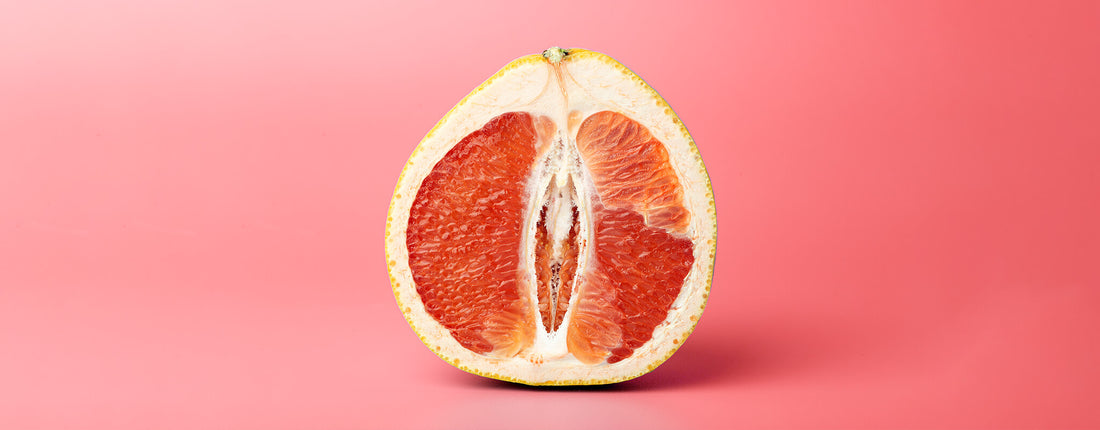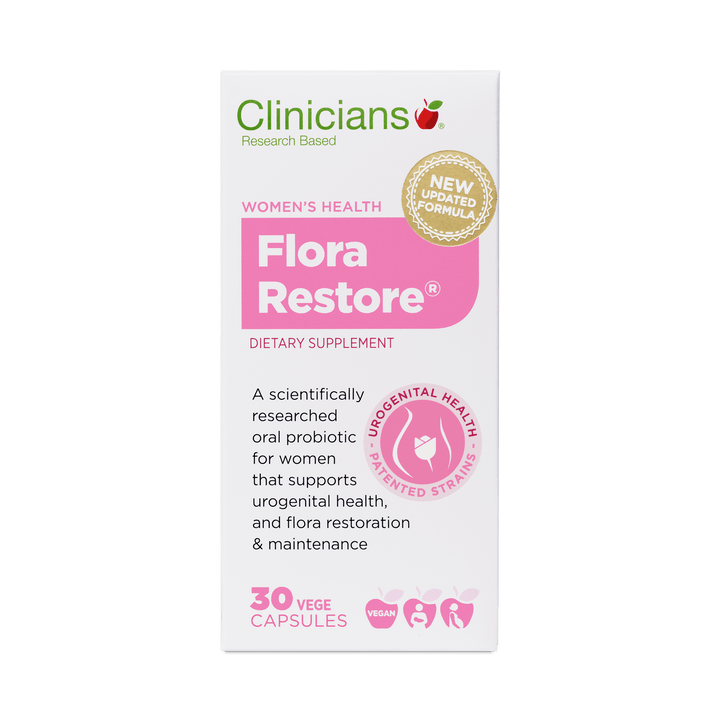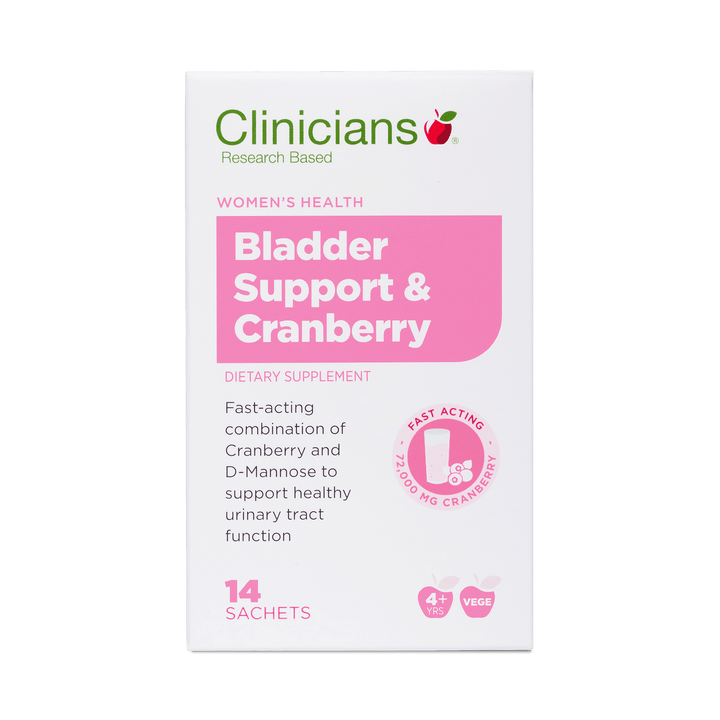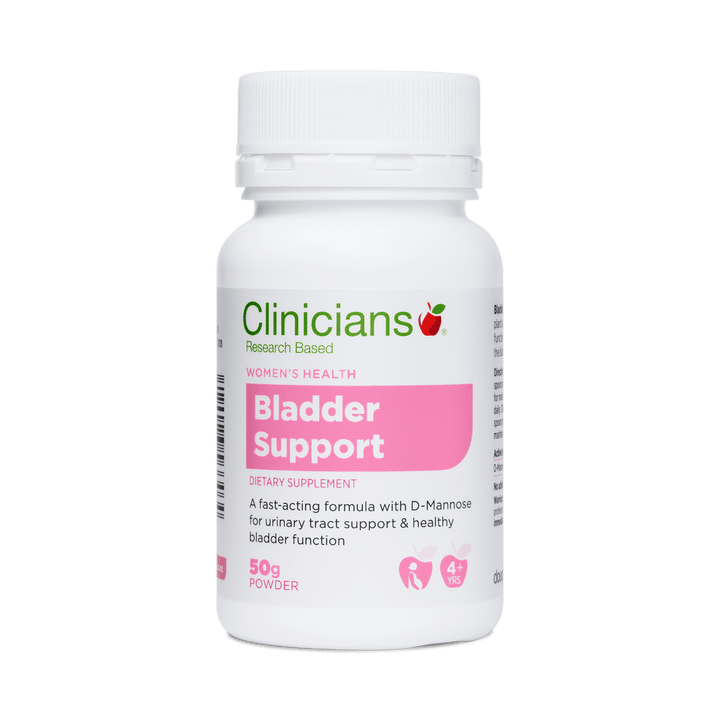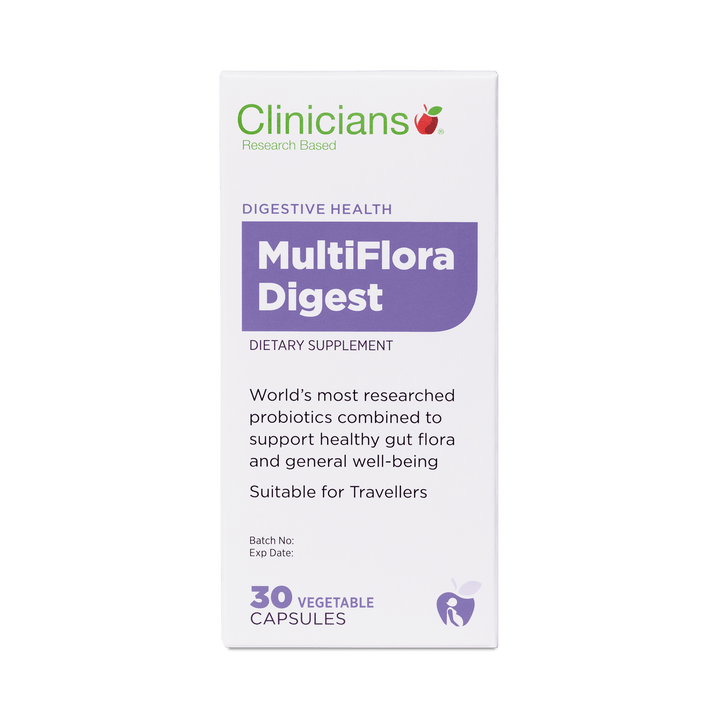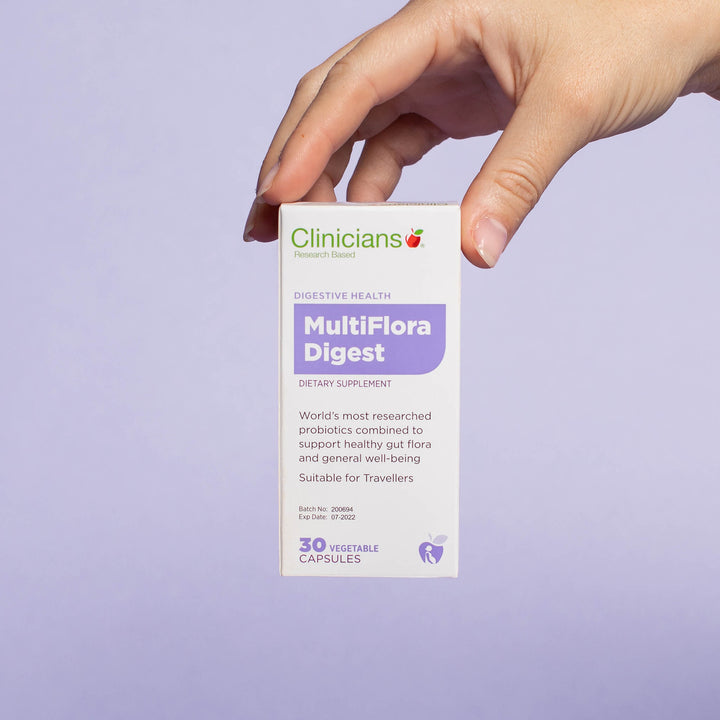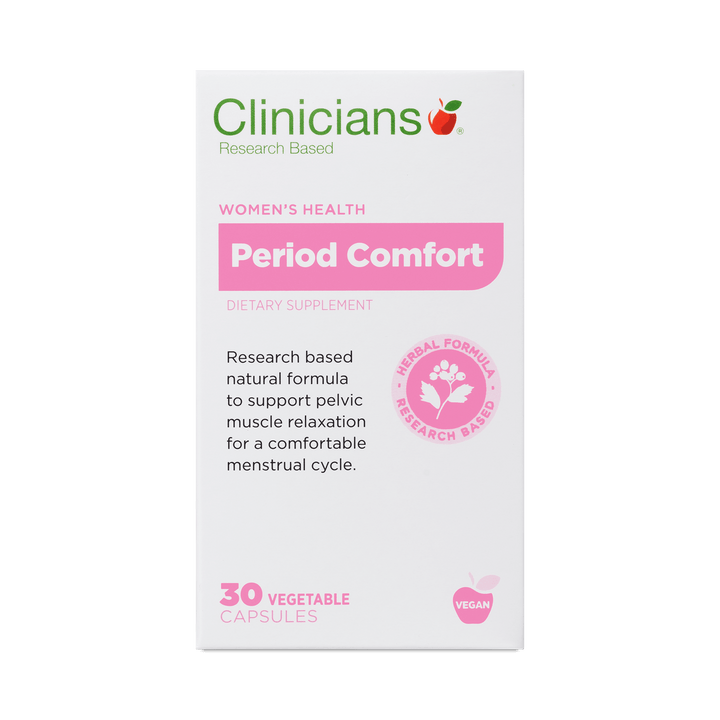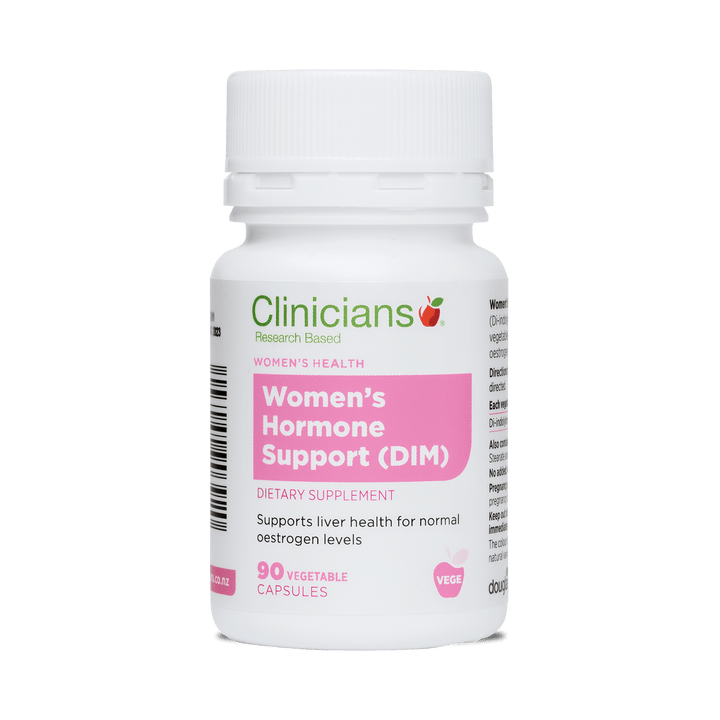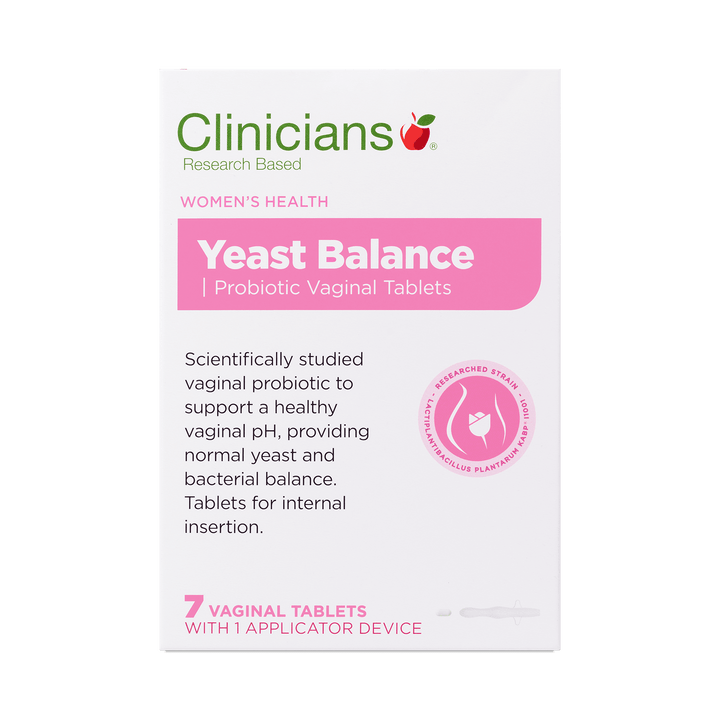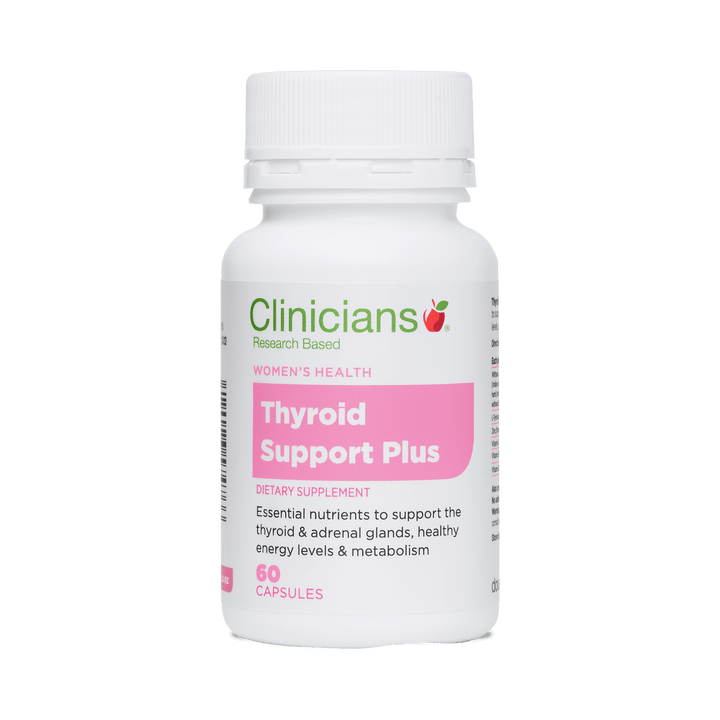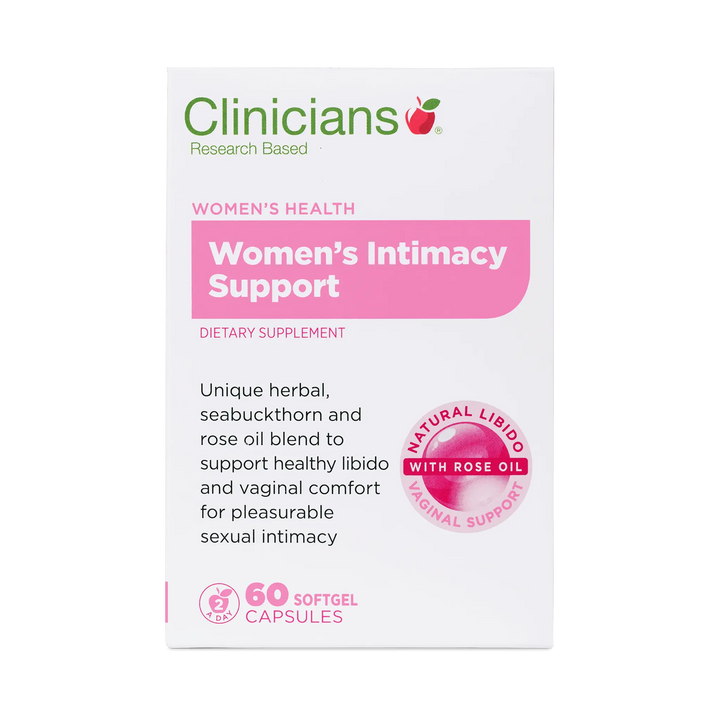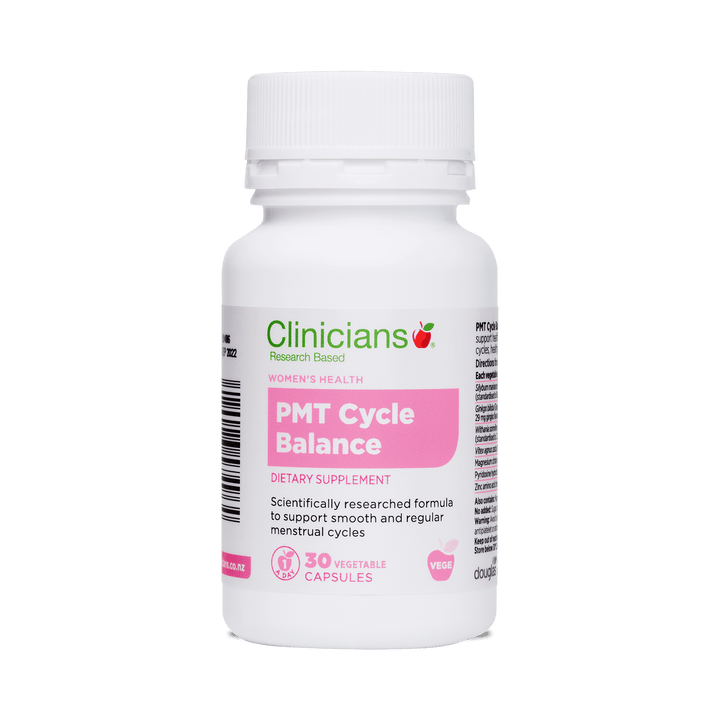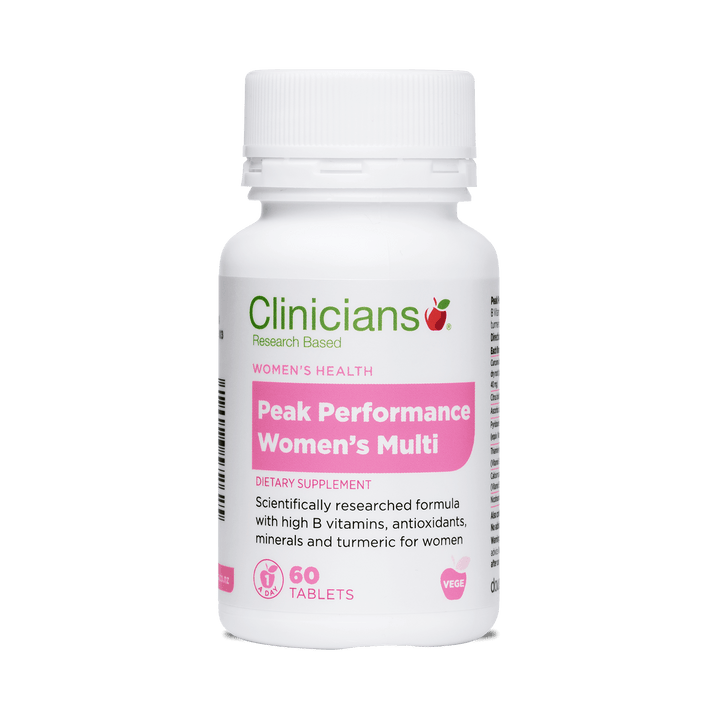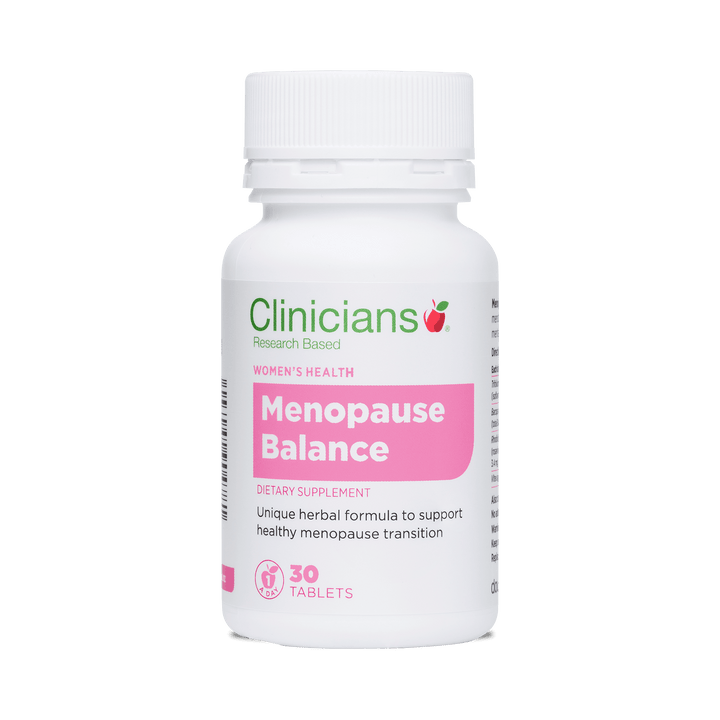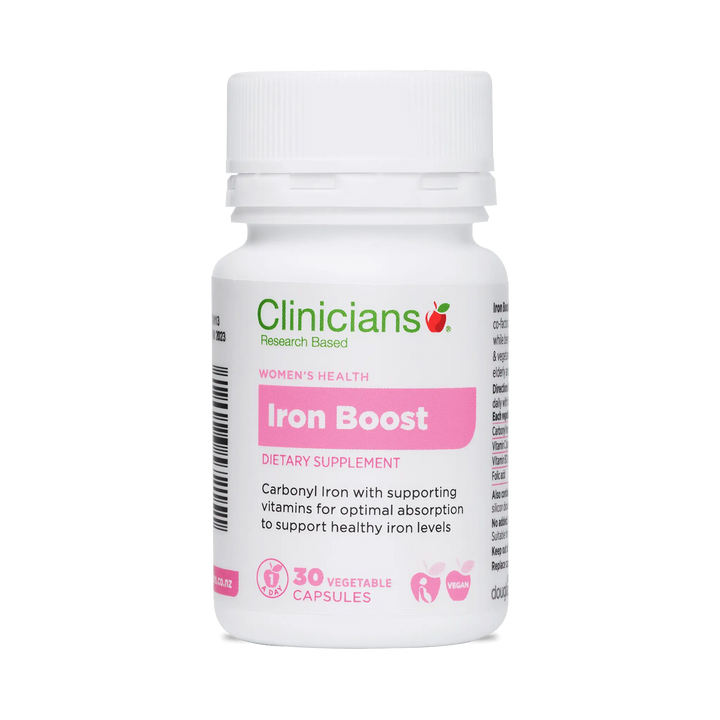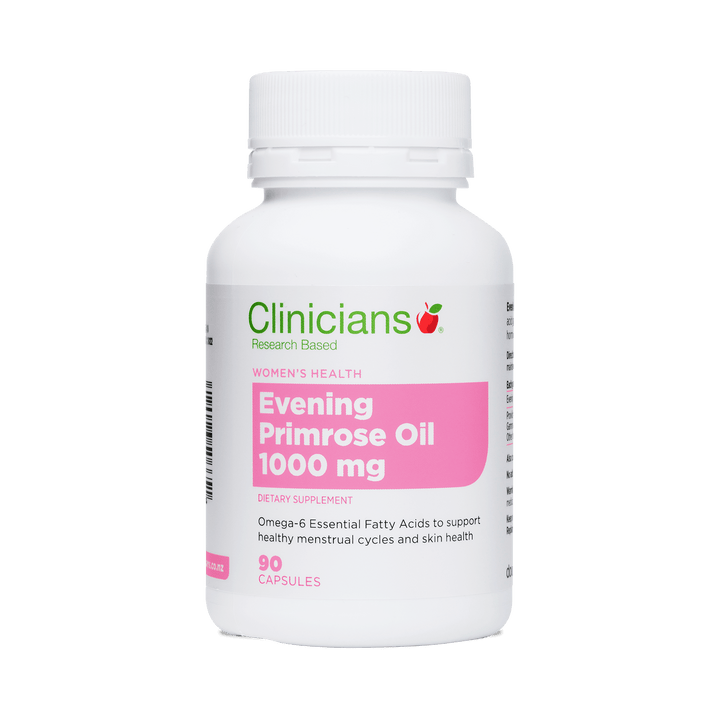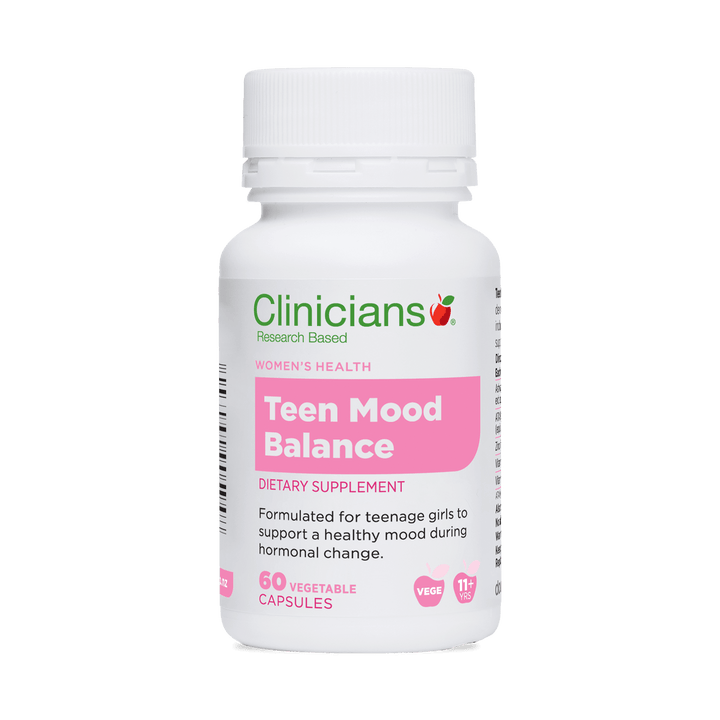Women are known for their multitasking, whether it's work or play, so the last thing we need to be dealing with is things going wrong "down there". Here's how to keep your vaginal health in check.
Like anything in the body we often take it for granted until something goes wrong. Vaginal health is the same and is probably nothing you would consider until things start to get uncomfortable.
So, let's have a look at what can go wrong and what we can do to keep our vagina in tip-top condition.
Vaginal health begins with balance
Like the digestive system, the vagina has a variety of different types of bacteria and yeasts – some less beneficial than others. The beneficial bacteria, most commonly Lactobacillus, need to keep the upper hand to maintain vaginal health. One way they do this is to produce hydrogen peroxide and lactic acid, which creates an acidic environment (around pH 4). This discourages replication of bad bacteria and yeasts.
The vaginal cells also produce mucous which:
- Provides nutrients for these bacteria
- Provides vaginal lubrication
- Helps to flush away dead bacteria and yeasts
Did you know? The bacteria and yeasts found in the digestive system and the vagina are sometimes called 'flora'. You'll see this word on some of the products in the Clinicians range.
What can change vaginal health?
If the balance of power changes on the flora front, less beneficial bacteria and yeasts can take over. When yeasts (like Candida albicans) take over, this can result in a yeast infection, also known as candidiasis. When bad bacteria takes over, this is known as bacterial vaginosis.
There are also other pathogens that can be acquired via sexual intimacy that can cause issues too.
Common triggers for changes in vaginal health can be a decline in Lactobacillus, with antibiotics being a common cause. Changes in the pH level of vaginal cells can also affect vaginal health and occurs as a result of:
- Hormonal changes (for example in pregnancy, around menstruation and menopause)
- Washing the vaginal with soap
- Stress
- Oral contraceptive pill
- Unprotected sex
What are the signs of vaginal imbalance?
Here are some common signs that all is not well:
- Vaginal discharge may be thicker than normal or there may be a change in the normal clear/white colour
- Odour changes may occur (for example a fishy smell indicates a bacterial imbalance)
- Itching, burning, or redness in the area
If you experience any of these issues visit your healthcare practitioner.
What can you do to support vaginal health?
There are lots of things you can do to support healthy vaginal flora:
Maintain good hygiene
- Soaps, douches and bubble baths can change the pH of the vagina, so it is recommended to just use water to wash
- Make sure you dry thoroughly after washing
- Use natural, water-based lubricants
- Always wipe from the front to the back after going to the toilet. The area between the entrance to the bladder, vagina and rectum is very small and poor wiping technique can spread bad bacteria around
Wear comfortable clothing
- Breathable cotton underwear
- Don't sit round in wet togs or gym gear
- If you feel uncomfortable down there, avoid tight clothing
Check products for fragrances
Avoid using any products on the vagina that contain artificial fragrances such as:
- Deodorants
- Panty shields
- Wipes
- Fabric wash or softeners
Take specific probiotics
Yes, there are probiotic strains that specifically support vaginal health!
Lactobacillus probiotic strains are available in capsules or via vaginal applicator and can help replenish levels in the vagina. This can help to maintain balance or to fight off bacteria and yeasts that have taken over.
Can diet affect vaginal health?
What we eat can be feeding and encouraging the wrong types of bacteria and yeasts in both the gut, bladder and vagina. The yeast Candida albicans loves sugar, so a high sugar environment is perfect for it to flourish and multiply. This is why unmanaged diabetes is also a risk factor for both urinary tract and vaginal infections.
Here are some types of food we suggest you limit, avoid or include if you want to support healthy vaginal flora.
Food and drink to limit or avoid
- Limit sugar or refined carbohydrate-rich foods such as white bread, cakes, biscuits, lollies, fruit juices and fizzy drinks
- Limit alcohol consumption due to the sugar content and because it affects flora balance
- Avoid foods where there is an intolerance or allergy as this can upset gut flora
Food and drink to include
- Plenty of vegetables and legumes, like peas, beans, lentils. Good bacteria love fibre!
- Fruit in moderation is fine, as studies have suggested that fructose is not really the sugar we have to avoid¹
- Eat plenty of high antioxidant fruits, like wild blueberries, strawberries, kiwifruit
- Include antibacterial foods in the diet such as garlic and onion
- Keep hydrated. Water is essential for making all the protective fluids in the body
It is important to keep in mind that most women will experience changes in vaginal health at some point in their lives. It's very common and nothing to be ashamed of.
Recurring issues can sometimes feel overwhelming and get in the way of the things you enjoy doing, but there are things you can try to reduce or eliminate discomfort. You can also book a time to talk to one of the in-house Naturopaths if you want advice on how to bring things back into balance.
References:
¹https://www.ncbi.nlm.nih.gov/pmc/articles/PMC5572443/

